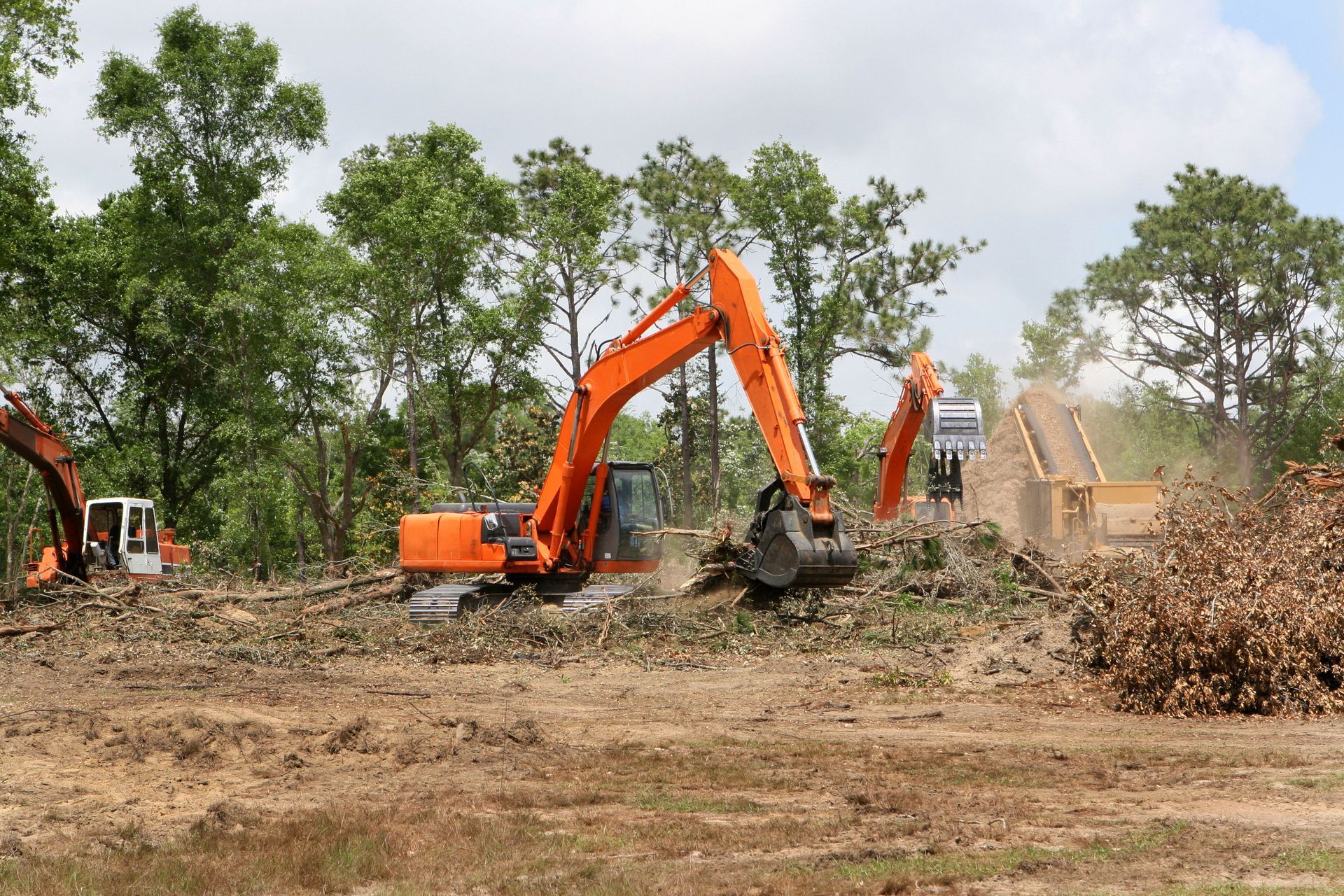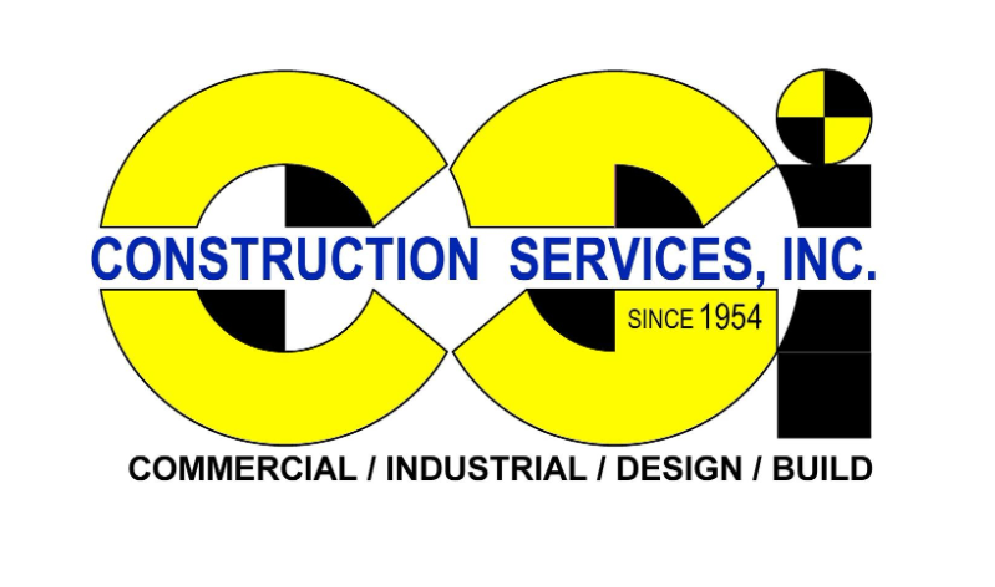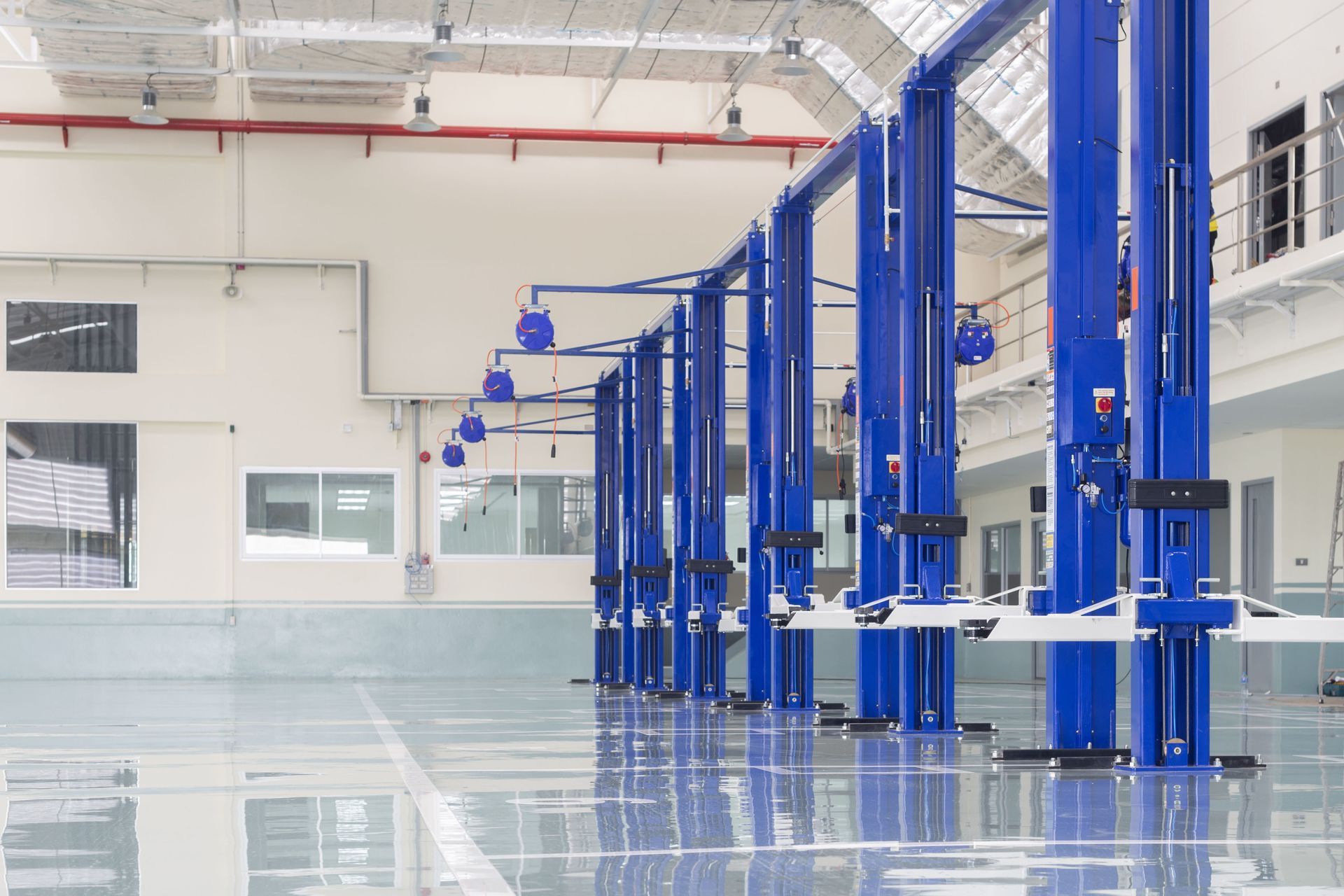Sustainability in Industrial Construction Services
The following article delves into the critical role of sustainability in industrial construction services, exploring innovations, challenges, and the future of eco-friendly practices in the sector. With an ever-growing global population and increasing urbanization, the demand for construction services has reached unprecedented levels. This situation necessitates a thorough examination of the environmental, economic, and social dimensions of sustainability in industrial construction. By understanding the intricacies of sustainable practices, stakeholders can make informed decisions that align with global sustainability goals. This article will provide a comprehensive overview of the challenges, innovations, and prospects of sustainability in the construction industry.
Understanding Sustainability in Industrial Construction
Defining Sustainability in Industrial Construction
Sustainability in construction encompasses practices that minimize environmental impact, ensure economic efficiency, and promote social well-being. It involves a holistic approach to building operations, including resource efficiency, waste reduction, and carbon emissions reduction. In industrial construction, sustainability is especially important due to the sector's large-scale impacts. Building sustainable structures not only addresses environmental challenges but also meets the growing demand for greener infrastructure. Ultimately, sustainability is about balancing today’s needs without compromising the ability of future generations to meet their own needs.
Highlighting Economic Benefits of Sustainability
Economically, sustainable practices in industrial construction can lead to significant cost savings over time. By investing in energy-efficient technologies, companies can reduce operational expenses, particularly in energy consumption. Furthermore, sustainable materials and practices often result in longer-lasting structures, which reduce the need for frequent repairs and maintenance. According to the American Institute of Steel Construction, 98% of steel from demolition and construction is reused, which reflects the cost savings from recycling materials. Financial incentives, such as tax credits and grants, are often available to companies that adopt sustainable practices, further enhancing economic viability.
Reducing Environmental Impact of Construction
Industrial construction has profound impacts on the environment, including habitat destruction, pollution, and resource depletion. Traditional construction methods often rely on energy-intensive processes and non-renewable resources, contributing to global warming. Sustainable construction aims to minimize these impacts through innovative building techniques and eco-friendly materials. The reduction of greenhouse gas emissions and energy consumption are pivotal in lessening the environmental footprint of industrial projects. By embracing environmental considerations, the construction industry can play a significant role in achieving global climate targets.
Embracing Social Responsibility and Impact
Social responsibility in construction is about creating environments that are beneficial to communities. This involves ensuring safety, fostering well-being, and improving living conditions through sustainable practices. Community engagement and local workforce involvement are essential components of socially responsible construction. Sustainable industrial construction encourages job creation and skills development, benefiting the broader society. Moreover, by creating healthier buildings and reducing pollution, the industry contributes positively to the quality of urban life.
Overcoming Sustainability Implementation Challenges
Despite the evident benefits, several challenges hinder the widespread adoption of sustainability in industrial construction. High upfront costs of implementing eco-friendly technologies can be a deterrent for many companies. There is also a lack of comprehensive knowledge and expertise in sustainable practices across the industry. Regulatory challenges and varying international standards further complicate matters, often leading to compliance issues. Additionally, efforts to transform existing infrastructure can be resource-intensive and time-consuming. Overcoming these challenges is crucial for mainstreaming sustainability in the sector.
Utilizing Sustainable Materials and Resources
Using Recycled and Reclaimed Materials
Using recycled and reclaimed materials in construction is a sustainable practice that minimizes environmental impact. Recycled materials, such as steel, are increasingly used due to their durability and reduced carbon footprint. According to the American Institute of Steel Construction, 98% of steel from demolition and construction is reused, greatly reducing the demand for virgin materials. Reclaimed materials, like wood and bricks, offer aesthetic charm and resource conservation. Overall, these practices reduce the volume of waste and promote a circular economy in the construction industry.
Selecting Energy-Efficient Building Materials
Energy-efficient building materials contribute significantly to reducing a building’s energy consumption. Examples include insulated panels, low-emissivity windows, and reflective roofing that mitigate heat loss. These materials enhance a building’s thermal performance, leading to lower heating and cooling needs. Incorporating energy-efficient materials into industrial construction helps mitigate climate change and reduces operational costs. The adoption of such materials aligns with regulatory measures to improve energy performance in buildings.
Improving Energy Efficiency and Integration
Designing Energy-Efficient Industrial Buildings
Achieving energy efficiency in construction begins with thoughtful building design. Architects and engineers utilize passive design techniques such as building orientation, natural ventilation, and daylighting. These designs maximize energy savings by reducing the need for artificial heating, lighting, and cooling. Advanced technologies such as energy simulation software are employed to assess and optimize energy performance during the design phase. By prioritizing energy efficiency from the outset, industrial constructions align with the Sustainable Development Goals.
Integrating Solar and Wind Energy Systems
Integration of renewable energy sources like solar and wind energy significantly contributes to reducing reliance on fossil fuels. Solar panels can be installed on rooftops or integrated into building structures like façades and windows. Wind turbines, though less commonly used, can provide substantial energy savings in optimal locations. Incorporating these renewable technologies not only enhances a building's energy independence but also reduces greenhouse gas emissions. It sets an example of environmental stewardship in the industrial sector.
Implementing Waste Management and Recycling
Reducing Waste Through Construction Strategies
Reducing waste in industrial construction requires strategic planning and innovative solutions. Implementing waste management plans that prioritize the reduction, reuse, and recycling is essential. Construction waste includes excess materials, packaging, and debris, which, if managed properly, can be diverted from landfills. Techniques such as modular construction and off-site manufacturing minimize waste by using prefabricated components. Overall, reducing construction waste is a critical measure in advancing sustainability in the sector.
Applying Innovative Waste Conversion Methods
Waste conversion technologies are transforming the way construction waste is managed and utilized. For instance, innovations such as waste-to-energy processes convert non-recyclable waste into usable energy. Other technologies focus on converting construction debris into valuable materials, such as aggregates for new construction. These solutions not only reduce the environmental burden of waste but also create new economic opportunities. Embracing such technologies signifies an essential step forward in sustainable construction waste management.
Shaping the Future of Industrial Sustainability
Addressing Current and Future Challenges
The construction industry faces several challenges in its sustainability journey; however, prospects for overcoming them remain optimistic. Collaboration across sectors can bridge knowledge gaps and foster innovation. Investment in training and education can equip the workforce with necessary skills to implement sustainable practices. Technical advances and economies of scale will likely lower costs associated with sustainable construction. By embracing change, the industry can adapt to the demands of a more sustainable future.
Leveraging Digital and Smart Technologies
Digitalization and smart technologies are revolutionizing the way construction projects are conceived and managed. Through digital platforms like BIM, projects can better plan, design, and monitor their environmental impact. Sensors and IoT devices offer real-time data on energy usage and environmental conditions, leading to smarter decision-making. Predictive analytics and AI are also being harnessed to improve resource efficiency and optimize building performance. This digital transformation supports sustainable practices and enhances the potential for energy-efficient industrial constructions.
The movement towards sustainability in industrial construction services is crucial for the environment, economy, and society. By advancing sustainable materials, energy efficiency, and innovative waste management, the industry can significantly lower its ecological footprint while paving the way for a greener future. Overcoming challenges will require collaboration, innovation, and a commitment to sustainability at all levels.
By embracing these principles, industrial construction services can not only meet present demands but also ensure a viable and prosperous future for generations to come. The future of construction relies on sustainable practices becoming the norm rather than the exception. At Construction Services Inc., we’re committed to helping our clients build smarter, greener, and more resilient projects. If you're ready to align your next industrial project with sustainable construction practices, our team is here to guide you every step of the way. Contact us today to learn how our innovative solutions can support your environmental goals while delivering efficient, long-lasting results.





Share On: